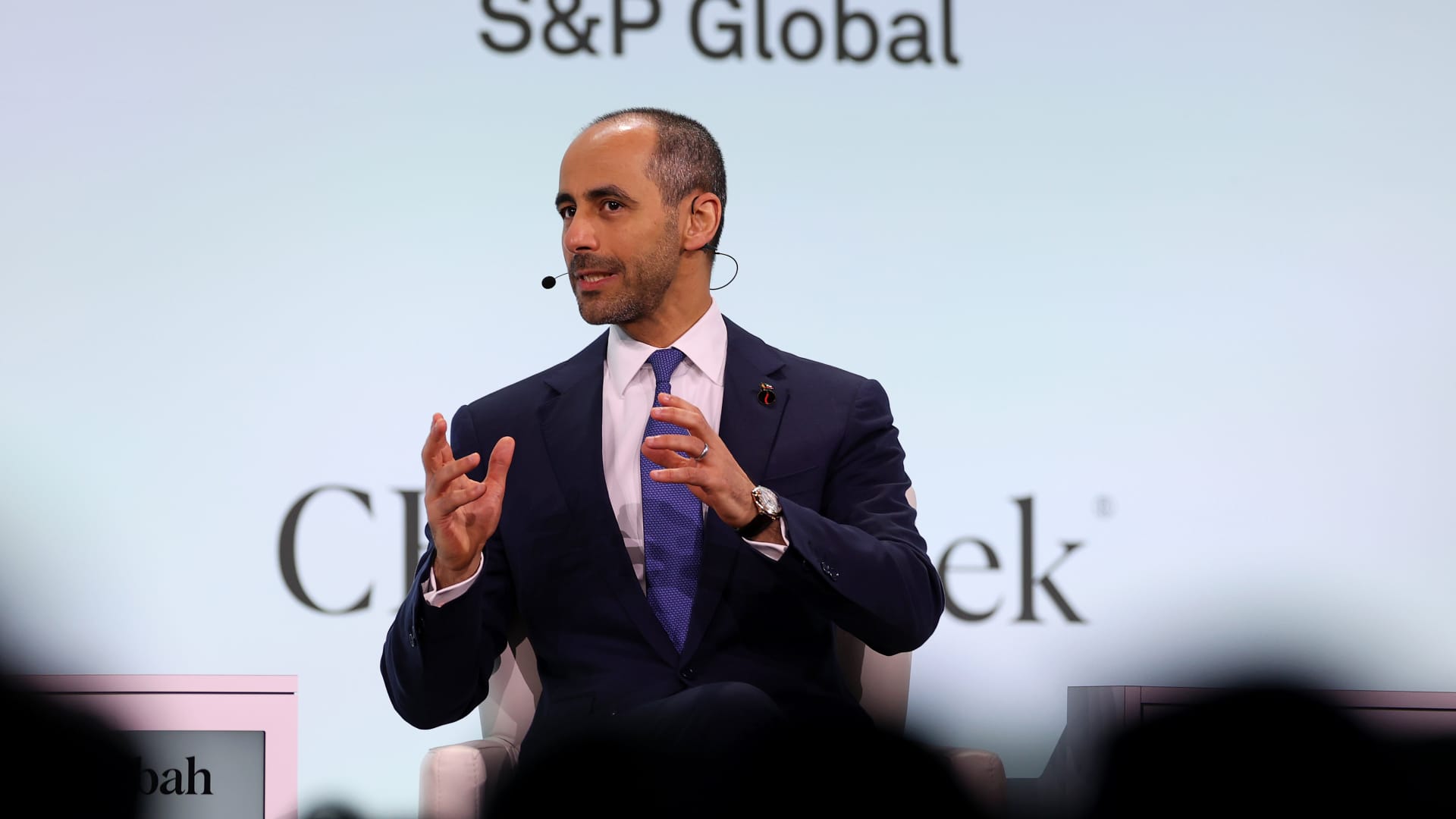HOUSTON — Global energy demand will increase faster than the rate of population growth through 2050, contradicting projections that demand will peak this decade, according to the CEO of Kuwait Petroleum Corporation.
“The world population is going to increase by about 25% between now and 2050, but energy demand will increase faster than that,” Shaikh Nawaf al-Sabah told the CERAWeek by S&P Global energy conference in response to a question about whether demand will peak by 2030.
“That means that we’re going to require more energy intensity for the population in the world,” al-Sabah said. Three-quarters of a billion people in the developing world have no electricity and nearly 2.5 billion people have no clean cooking solutions, according to the CEO.
“That is going to have to change,” Al-Sabah said. “The global south will be a large component of energy demand in the future. And it’s only fair to have countries that have – to use a term – energy poverty, be able to exploit natural resources in a clean and efficient manner.”
The Paris-based International Energy Agency forecast in October that demand for oil, coal and natural gas would peak before the end of this decade as clean energy technologies play a bigger role in the global energy mix. The IEA’s projection has been a point of contention during discussions at the CERAWeek conference this week.
Saudi Aramco CEO Amin Nasser said Monday at CERAWeek that projections of peak oil demand this decade are focused on Western nations. More than 85% of the world’s population, however, lives in developing countries, he said.
Demand growth potential in developing nations is significant with oil consumption ranging between 1 to just below 2 barrels per person per year, Nasser said. That compares to 9 barrels per person in the European Union and 22 barrels per person in the U.S., he said.
The energy transition will be largely determined by developing nations, which receive just 5% of investments that target renewables, Nasser said. The current energy transition strategy is failing and needs a reset, Nasser said. Many alternative energy sources are currently unaffordable for a majority of people around the world, he added.
The world needs to abandon the “fantasy” of phasing out oil and gas, said Nasser, calling for investments that reflect realistic assumptions for hydrocarbons.
The Kuwait Petroleum Corporation plans to increase its production capacity to 4 million barrels per day by 2035 from 3 million bpd currently, Al-Sabah said.
“The reason we want to get to 4 million a barrels a day during that period, is because we see demand increasing throughout this energy transition,” Al-Sabah said. Crude demand will remain a central part of the energy mix in the coming decades, according to the CEO.
